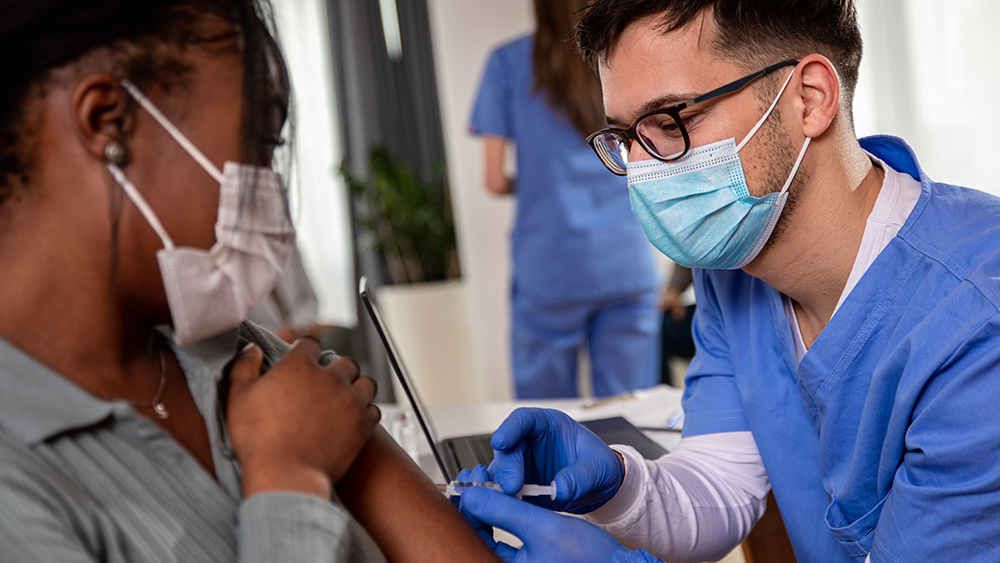Craving sweets late at night? It might be because of your phone
06/09/2020 / By Zoey Sky

No matter where you look, people of all ages are constantly on their phones: taking calls, answering messages or just browsing the internet. Frequent phone users may even be on their devices most of the day.
Scrolling on your phone may seem like a harmless activity, but scientists warn that just one hour of exposure to blue light at night — the same kind of light produced by the screens of your phone and other devices — can increase blood sugar levels and sugar consumption in animal subjects.
Artificial light, brain function, and appetite
The study was led by Anayanci Masis-Vargas and her fellow researchers from the University of Strasbourg and the University of Amsterdam. The findings were presented at the annual conference of the Society for the Study of Ingestive Behavior (SSIB) in Utrecht, Netherlands.
Most of the artificial light that you are exposed to comes from LED lights and LED screens that emit high levels of blue light. The retinal cells of the eye are sensitive to this blue light, and they directly convey information to areas of the brain that regulate appetite.
For the study, the research team exposed rats to nighttime blue light. They then measured their food consumption and glucose tolerance the next day.
To better model human sleep patterns, the animal subjects used in this study were diurnal. This means the rats were awake during the day and asleep at night, unlike the typical nocturnal laboratory rats that are awake during nighttime hours.
Blue light exposure and food consumption
To determine how exposure to blue light at night affects appetite control and food choice, the animal subjects were presented a standard rodent food, water, lard and sugar water.

The researchers found that following exposure to blue light, the male rats ingested more sugar water that night compared to the nights with no blue light exposure. (Related: Put your phone away: Late-night smartphone use linked to sleep disorders and increased risk of serious health problems.)
The scientists also discovered that after only one hour of nocturnal blue light exposure, glucose tolerance was increased in male rats — a warning sign of pre-diabetes.
The study suggests that exposure to light at night, particularly blue light, is disruptive. Using blue light-emitting devices at night can also increase a person’s inclination to consume sugary foods and disrupt his ability to process sugar, especially in males.
While the rats were tested after only one night of light exposure, the researchers noted that over time, this can cause weight gain and diabetes.
Other ways to minimize blue light exposure
Masis-Vargas explained that, for now, the best way to minimize the harmful effects of blue light is to reduce your screen time, especially at night. Alternatively, you can use blue light-filtering glasses to further minimize your exposure.
Here are other ways to reduce your exposure to blue light at night.
- Install a program that controls the color and brightness of your computer screen depending on the time of day. When it’s nighttime, these programs will effectively block all blue light and give your monitor a faint orange hue. Similar apps also exist for your smartphone.
- Turn off all lights in your home at least one to two hours before you go to bed.
- Use a red or orange reading lamp, which doesn’t emit blue light.
- Keep your bedroom completely dark or use a sleep mask.
Manage your phone habits, refrain from using your phone or watching TV at night and keep your room dimly lit to minimize your exposure to harmful blue light.
Sources include:
Submit a correction >>
Tagged Under:
appetite, artificial light, blue light, devices, diabetes, disease causes, food cravings, light exposure, mobile devices, obesity, overweight, phone habits, poor nutrition, stimulation, streaming, sugar, weight
This article may contain statements that reflect the opinion of the author



















